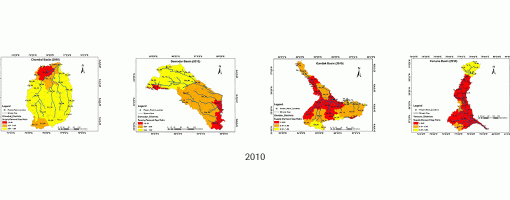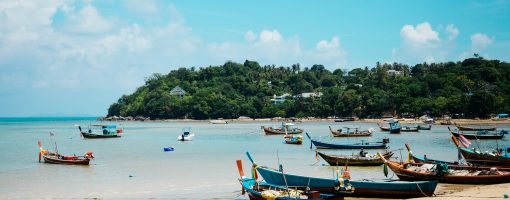Coastal ecosystems contribute significantly to socio-economic development in the Southeast Asia Region. The emerging question is how to achieve sustainable development through innovative thinking, smart planning and better insights derived from an ecosystem-based approach (EbA). Based on experience gained while implementing the Sustainable Management and Governance of Coastal Ecosystems (ENGAGE) project funded by the Asia-Pacific...
Nagabhatla, N., Hung, N., Tuyen, L., Cam, V., Dhanraj, J., Thien, N., & Swierczek, F. (2019). Ecosystem-based approach for planning research and capacity development for integrated coastal zone management in Southeast Asia. APN Science Bulletin, 9(1). doi:10.30852/sb.2019.537



